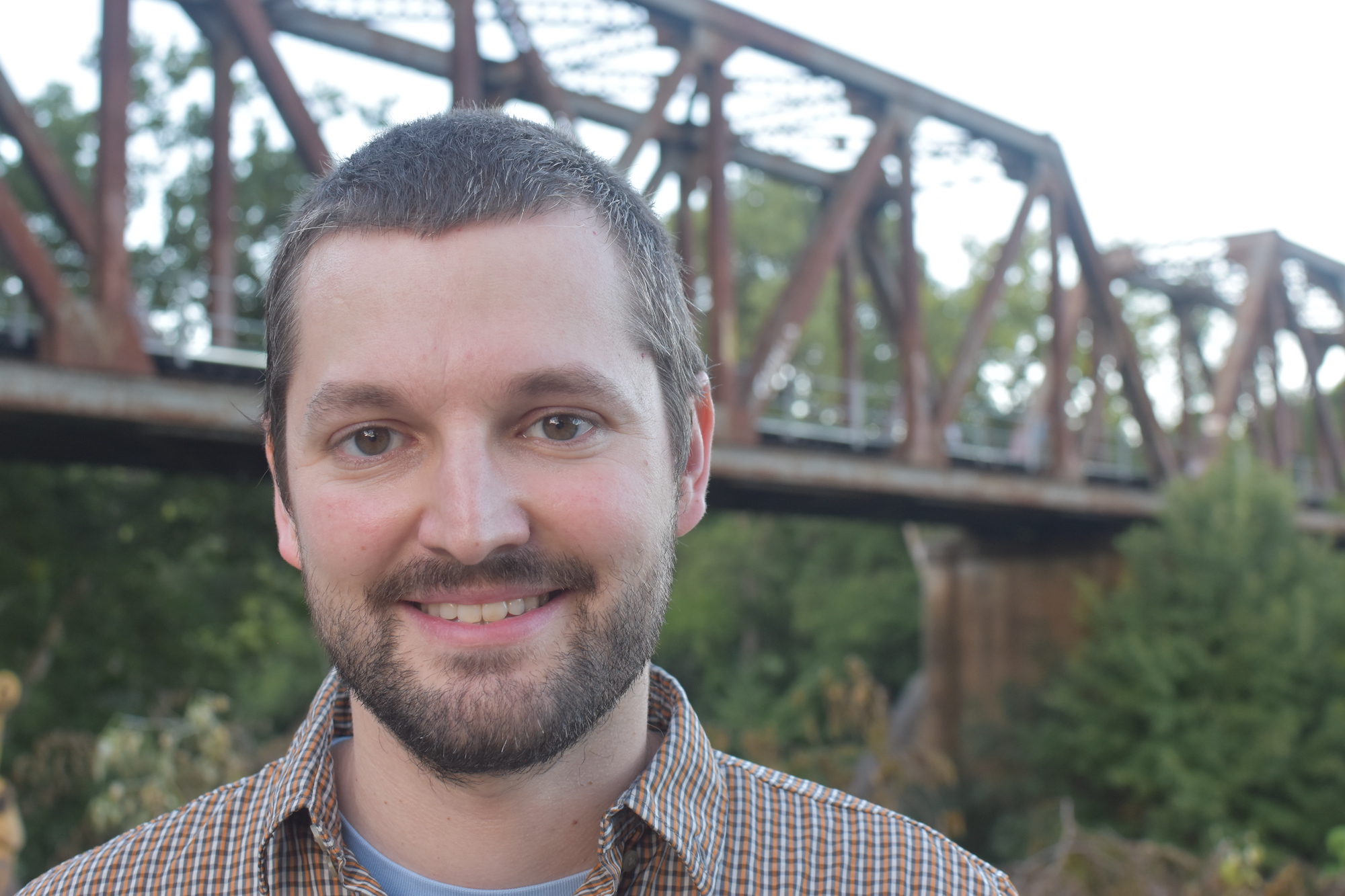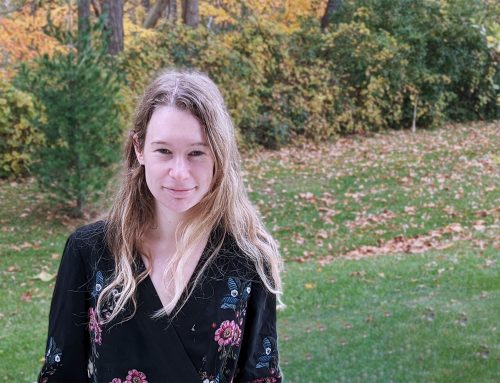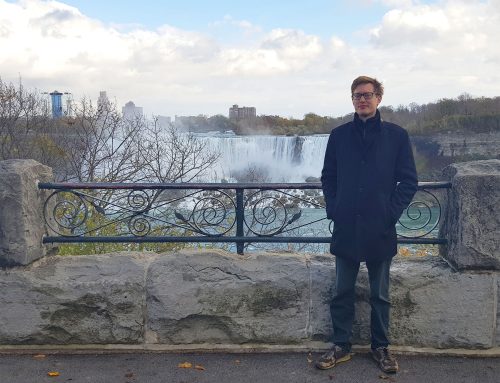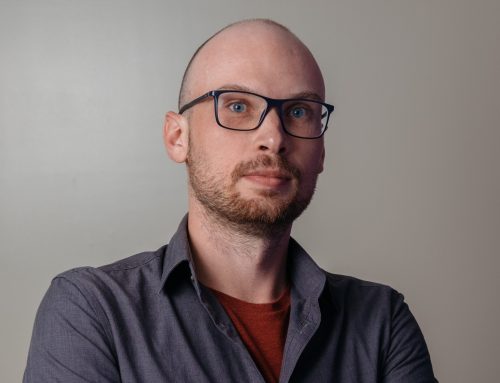Ed Baggs joined the Rotman Institute of Philosophy as a postdoctoral fellow in fall 2019. His work focuses on embodied approaches in cognitive science, including ecological psychology, dynamic systems theory, and enactivism. This virtual interview was conducted by Eric Desjardins & is part of a series of interviews of all of our current postdocs. More interviews are coming soon!
Please tell us a little bit about your academic background and how you became interested in pursuing a career in philosophy.
I took an indirect path to philosophy. As an undergraduate I studied linguistics. I was interested in the psychology of language: experiments into how we use language, and how children learn language in the first place. The most compelling empirical approaches to these questions start by observing that language is, first and foremost, something that happens in interaction between people, not inside an individual’s head. This is the correct starting point for studying language, I think. But this immediately raises new questions: What is an interaction? How does it get started? How does the environment fit into all of this? I’ve spent several years thinking about these questions. Somewhere along the way I realized that I wasn’t doing psycholinguistics anymore, but philosophy. Philosophers are just people who get hung up asking the same basic questions long after other people have moved on and decided not to worry about those questions anymore.
Your current research explores the pros and cons of what you call a “mutualist understanding” of the mind, as opposed to a computational model. Can you explain the difference between these two models and what do we gain by adopting the former?
The computational approach understands the mind in terms of a sequence, perceive-think-act. A mutualist, or ecological approach understands the mind in terms of what the organism does relative to its surroundings. If you adopt an ecological approach that means you take the environment into account at the start of your analysis of whatever it is that you’re trying to explain. The environment is just as much a part of the analysis as is the anatomy of the organism. One big advantage of adopting this view is that it demystifies the question of how interactions between people are possible. Interactions are possible because there is only one physical world, and we all live and act in that world. We have different perspectives on the world, for sure, but any action that I do immediately changes the structure of the physical world not just for me, but for everyone. Once you adopt an ecological approach to the mind, several long-standing philosophical conundrums simply dissolve: the problem of other minds, the mind–body problem, the problems in the philosophy of language having to do with whether the Morning Star is the same as the Evening Star. All of these problems arise from treating the mind as something distinct from the world, instead of treating the mind as simply what organisms do relative to a single world that already possesses its own structure.
You will be teaching a course titled Self and Society this year. What do you hope students will get out of this course?
The course is about how modern science habitually seeks to explain social phenomena by looking to the individual, or to what is going on inside the individual. This individualistic habit of modern science has important consequences. We see this in the use of medicine to treat things like depression, or in attempts to address climate change solely by changing consumer choices, or in the blaming of the global recession on the borrowing decisions made by individual families. The central text for the course is a series of radio lectures given by Richard Lewontin in 1990, subsequently published under the title Biology as Ideology. The lectures are partly a response to selfish gene theory in biology, but in fact they cover a much broader set of questions about the practice of modern science. I hope students in the course will come away with the same critical attitude to modern science that Lewontin was recommending. Science is not something that happens in a vacuum, but is something that is done by actors who are themselves members of a society and are influenced and constrained by the social conditions in which they are operating.
What do you do to distract yourself from academic work? Any hobby you would like to share with the world?
Like seemingly everyone else these days I’ve been doing a lot of indoor gardening. I’m growing pineapples, which turns out to be entirely possible in Canada. I’ve also been growing chilli plants from seed. By far the most successful have been the scotch bonnets. I have several dozen of those. In fact frankly I have too many scotch bonnet plants. Would you like one?
Pictured above: Ed Baggs in London, Ontario.






